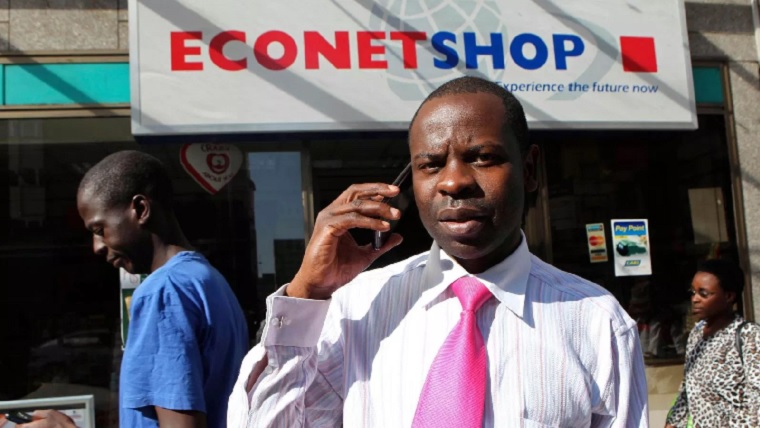The disruption of such a dominant financial platform has raised serious questions in Zimbabwe about the inherent vulnerabilities of mobile money, especially given the dominance of one mobile wallet over others. Like with big digital platforms such as social media or content providers, a so-called “network effect” tends to give the leading mobile money provider additional advantages and efficiencies over rivals, making them only stronger. This has been seen with the success of Safaricom’s M-Pesa mobile money platform in Kenya where it has over 80% market share.
Much of the Zimbabwe debate online and elsewhere has been about a real risk of loss of money in the event of a big platform crashing. Zimbabwe’s long troubled history with currency and hyperinflation has made the average citizen more sensitive to any suspected existential threat to the country’s financial system. Some people have even suggested bitcoin as a solution to the risks though Zimbabwe has all but crippled crypto transactions by banning banks from processing virtual currency payments.
Aside from Zimbabwe’s own challenges, there has been a big push by African governments, development consultants and various NGOs and investors, to encourage the take up of mobile money services as a way to help expand financial inclusion in countries with too few people have formal bank accounts. The hope is that as mobile phone penetration continues to rise in most African countries more people will use mobile money for convenience and lower transaction costs.
Zimbabwe’s economy remains in the doldrums, with banks no longer allowed to give US dollars to individuals who receive forex in their accounts. There has also been talk, which the central bank has dismissed, that President Emerson Mnangagwa’s administration plans to bring back the Zimbabwe dollar before elections on July 30. But the EcoCash glitches have been real and the impact large.
By Tawanda Karombo for Quartz
(181 VIEWS)


